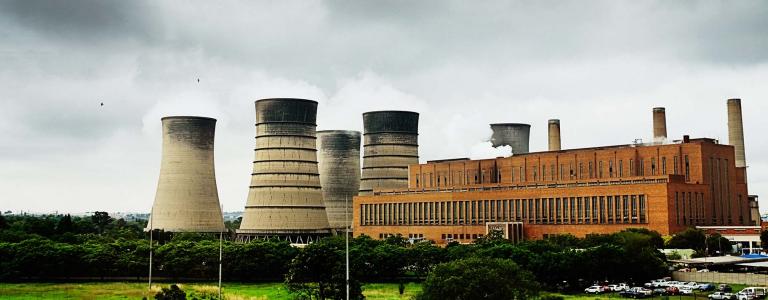South Africa’s Energy Fiscal Policies
This webinar, organized in partnership with Trade and Industrial Policy Strategies (TIPS), provided participants with a first look at findings from the International Institute for Sustainable Development (IISD) report South Africa’s Energy Fiscal Policies: An inventory of subsidies, taxes and policies impacting the energy transition, presenting key takeaways and recommendations.
The report explores the extent to which South Africa’s current energy fiscal policies are aligned with its goal to develop a robust domestic energy system that can provide low-carbon energy at a fair cost to all. It provides clear recommendations for the government to align its fiscal energy policies with its climate and energy objectives.
Through a panel discussion and a Q&A session, participants engaged in debate on carbon tax, bailouts, and what international moves to phase out fossil fuel financing and oil and gas exploration mean for South Africa.
Agenda
Welcome From the Moderator
Richard Bridle, Senior Policy Advisor, IISD
Opening Remarks
Sharlin Hemraj, Director: Environment and Fuel Taxes, National Treasury
Launching IISD Report South Africa’s Energy Fiscal Policies
Chido Muzondo, Policy Advisor, IISD
Panel Discussion
Gaylor Montmasson-Clair, Senior Economist: Sustainable Growth, TIPS
Jesse Burton, Senior Associate, Third Generation Environmentalism (E3G)
Q&A
Close
